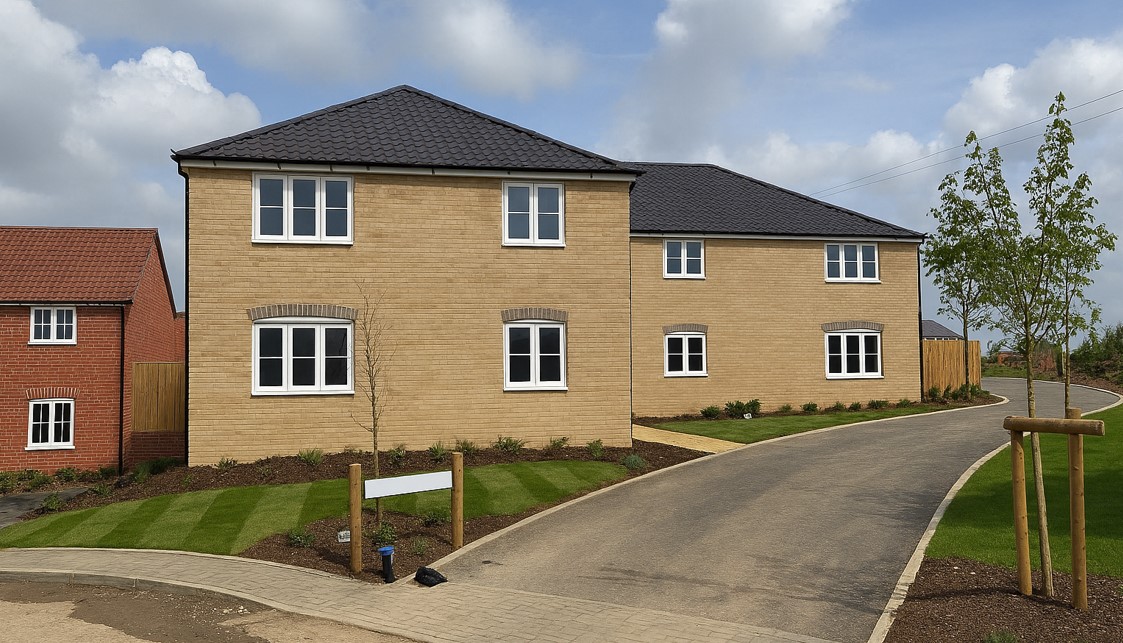Cheque processing
We are unable to process outstanding cheques this week (10-16 November). The backlog will be processed from 17 November. Thank you for your patience.
As of March 2025, the councils were housing a total of 158 households in emergency accommodation, including women and children fleeing domestic abuse and vulnerable adults with complex needs who might otherwise be sleeping rough.
Councillors heard how rising demand for temporary accommodation has seen Mid Suffolk’s need nearly double between the 2020/21 financial year and 2024/25, while Babergh has seen need increase by 69 per cent.
This this has led to the councils increasingly relying on bed and breakfast and hotel accommodation, costing the councils in the region of £70k each month.
At cabinet meetings last Tuesday, councillors agreed to invest in 30 new properties for each district to be used for temporary emergency accommodation instead.
To qualify for emergency temporary accommodation someone must be legally homeless, meet all necessary immigration and residence conditions, and have a priority need for housing. Anyone eligible, who would otherwise be sleeping rough, is then housed in temporary accommodation as a short-term option while the council looks into their situation and finds a longer-term solution for them.
Cllr Richard Winch, Mid Suffolk District Council’s cabinet member for housing and property said: “Our housing team does an incredible job in preventing homelessness, working with tenants at risk of losing their homes and supporting them to keep a safe roof over their heads. Unfortunately, there will always be a need for temporary housing – and we must be there for people when they need us most.”
Babergh District Council’s cabinet member for housing, Cllr Ruth Hendry said: “By prioritising family-sized, self-contained units, we can reduce our reliance on high-cost B&Bs but, more importantly, ensure families in need can be housed safely and appropriately, close to existing schools, jobs, friends and family rather than having to place people further away at a time of crisis.”
Both councils will use Government funding from the Local Authority Housing Fund, with Babergh having just over £1m to spend, and Mid Suffolk £951k. Mid Suffolk can also then use a further £2m that it set aside as part of its capital ambitions programme.
Both councils have also recently reconfirmed their commitment to the Armed Forces Covenant – with armed forces, reserve forces personnel and their bereaved spouses or civil partners receiving additional preference if their circumstances mean they require social housing support.
Anyone who is worried about becoming homeless should contact our Housing Solutions team.
